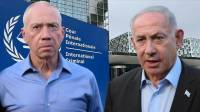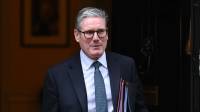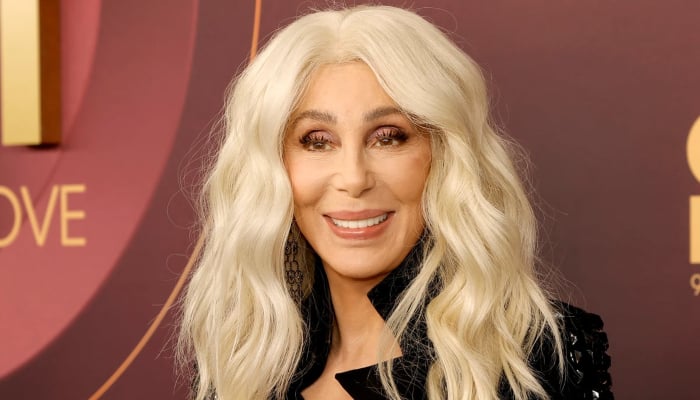

A lesser-known Iranian parliamentarian, who previously served as a health minister, has been elected the president of the Islamic Republic of Iran in a stunning turn of events.
Masoud Pezeshkian defeated his conservative opponent, Saeed Jalili, the former lead nuclear negotiator and head of the top security body, by a margin of 2.7 million votes in results announced early Saturday.
Pezeshkian pocketed 16,384,403 votes out of 30,530,157 counted. Jalili had to settle for 13,538,179 votes in Friday’s runoff election which saw a higher turnout than the previous round.
Before the runoff, Pezeshkian stunningly raced past his more prominent opponents in the snap presidential election last Friday, receiving the highest number of votes.
The reformist candidate received 10.4 million votes out of 24.5 million in the June 28 election -- more than Jalili and Parliament Speaker Mohammad Baqer Qalibaf.
A relatively low-profile political figure, Pezeshkian served as health minister in the government of Mohammad Khatami (2001-2005) and has represented the northwestern city of Tabriz in the Iranian parliament since 2008.
A cardiologist by practice, Pezeshkian previously headed the Tabriz University of Medical Sciences, one of the leading medical institutions in northern Iran.
His two previous unsuccessful bids for the presidency came in 2013 and 2021, respectively.
In 2013, he withdrew from the presidential race in the later stages in favor of former President Hashemi Rafsanjani; in 2021, his candidacy was rejected by the Guardian Council, the country’s top vetting body.
As the only reformist candidate in the race this time around, backed by the country's leading reformist coalition, Pezeshkian engaged in hectic campaigning in recent weeks.
His campaign was bolstered by the presence of former reformist politicians and ministers, including Javad Zarif, who served as foreign minister for two terms under former President Hassan Rouhani.
Pre-election polls showed significant support for Pezeshkian, especially after five televised presidential debates in the first round in which he was vocal about domestic and foreign policy issues.
Pezeshkian gave indications he would be more open to diplomatic engagement with the world, including the West, and intends to initiate reforms in economic and cultural domains.
In the presidential debates, he asserted that sanctions were acting as a roadblock in attracting trade partners and achieving an 8% growth rate was impossible without opening borders.
He vigorously defended the 2015 nuclear deal that was reached between Iran and world powers during the administration of Rouhani, a fellow reformist.
Pezeshkian was also vocal about women-centric issues, including the mandatory hijab, or Islamic headscarf, expressing opposition to a parliamentary bill on the implementation of the Islamic dress code bill.












